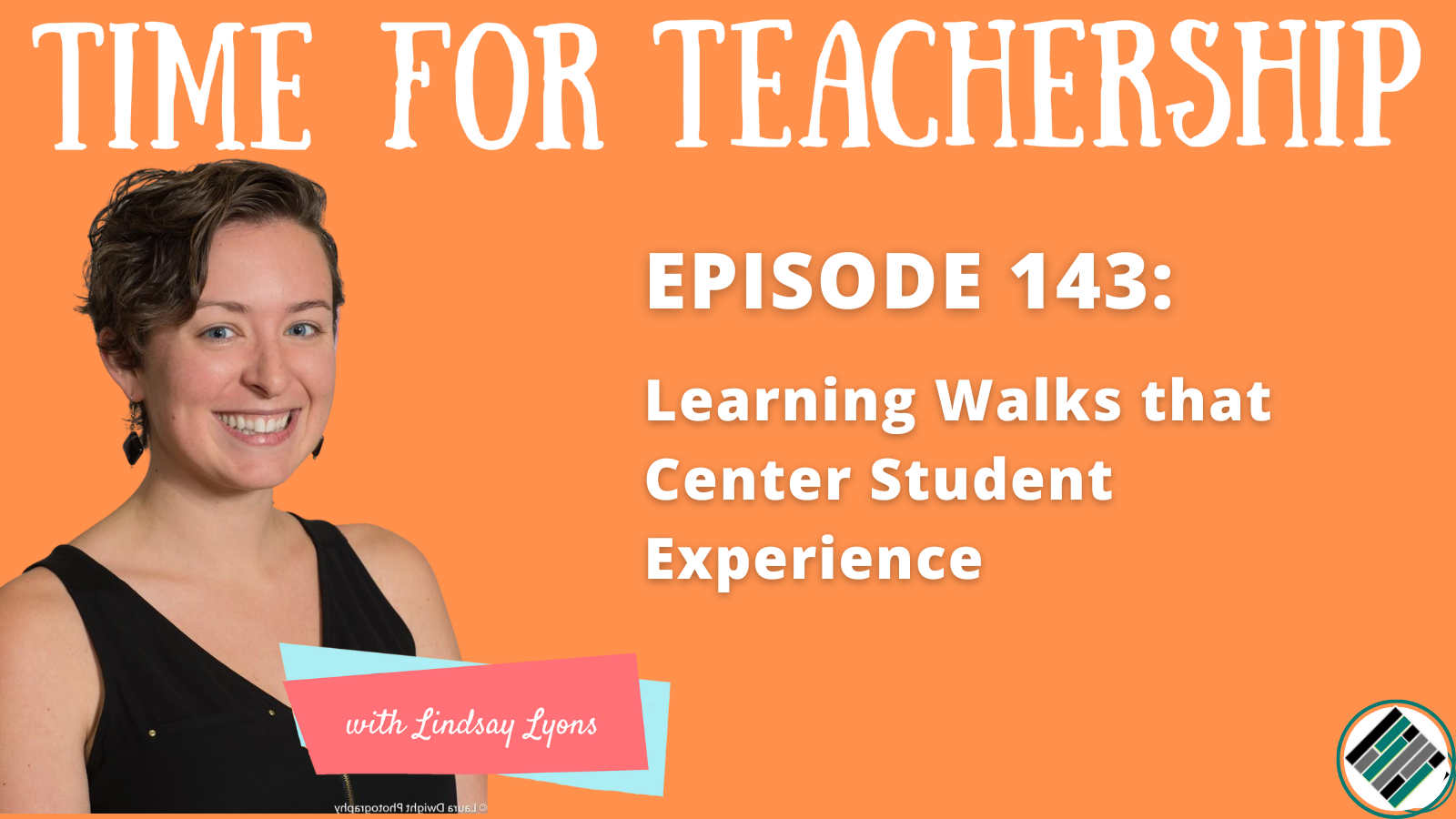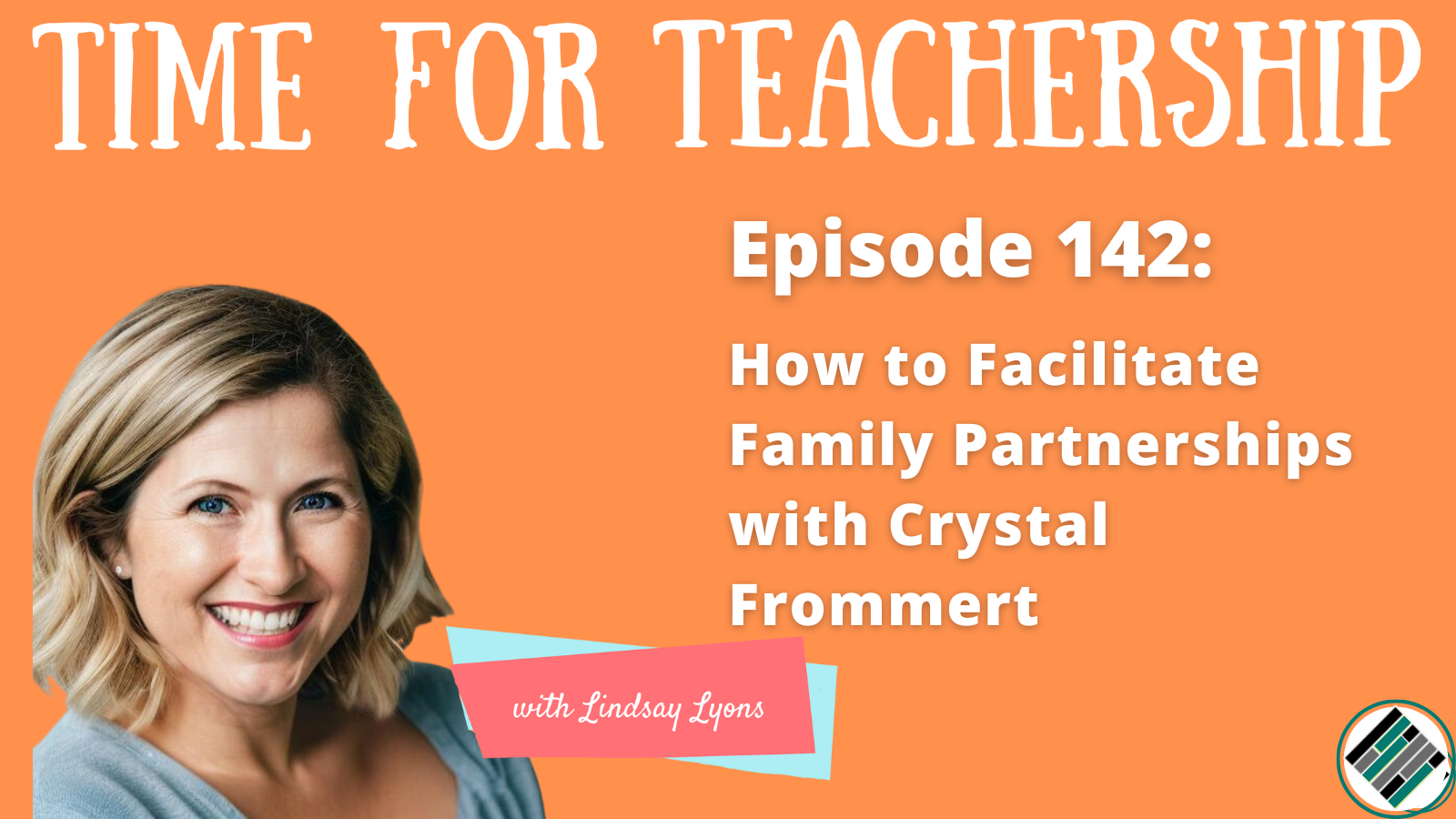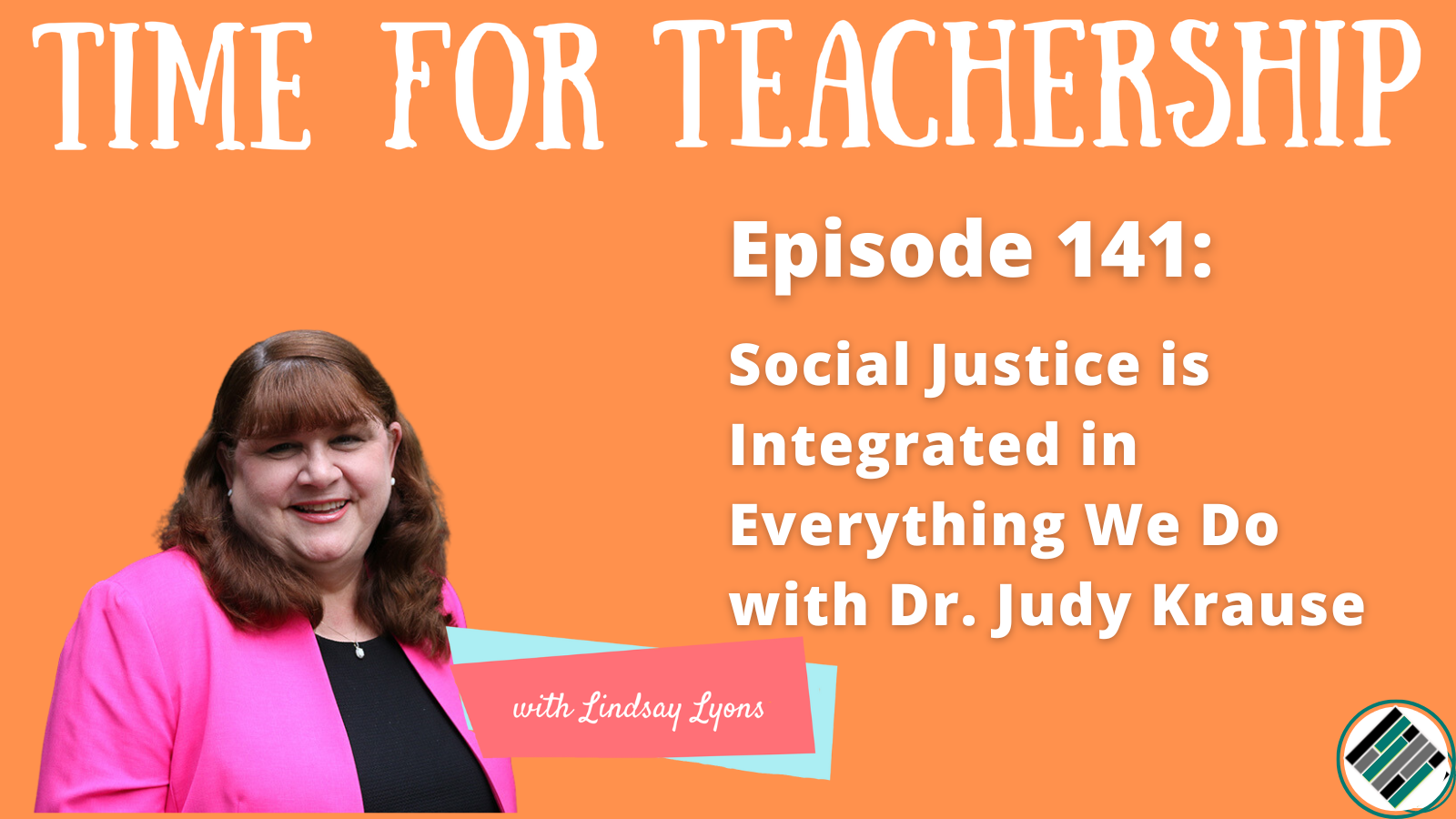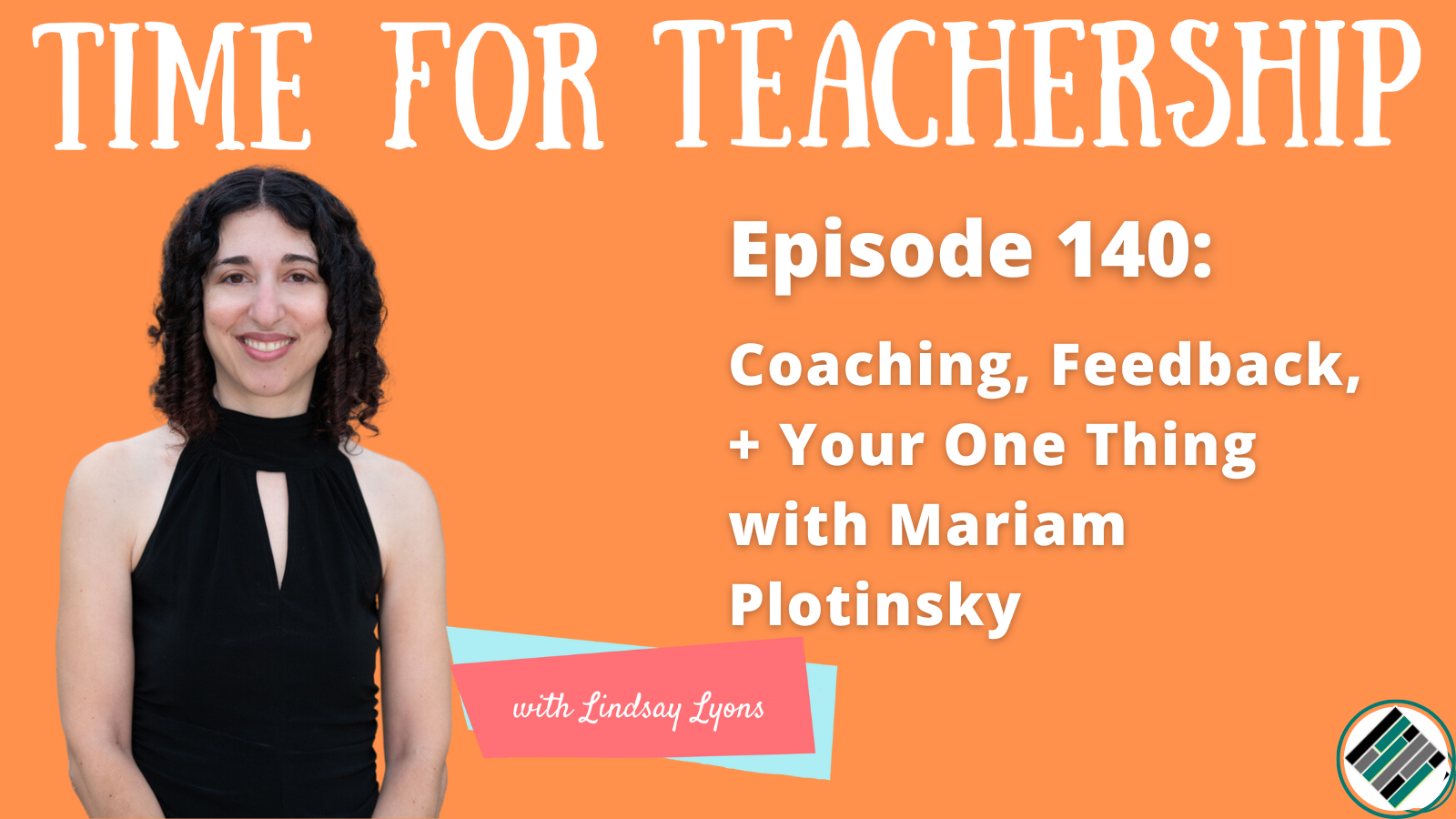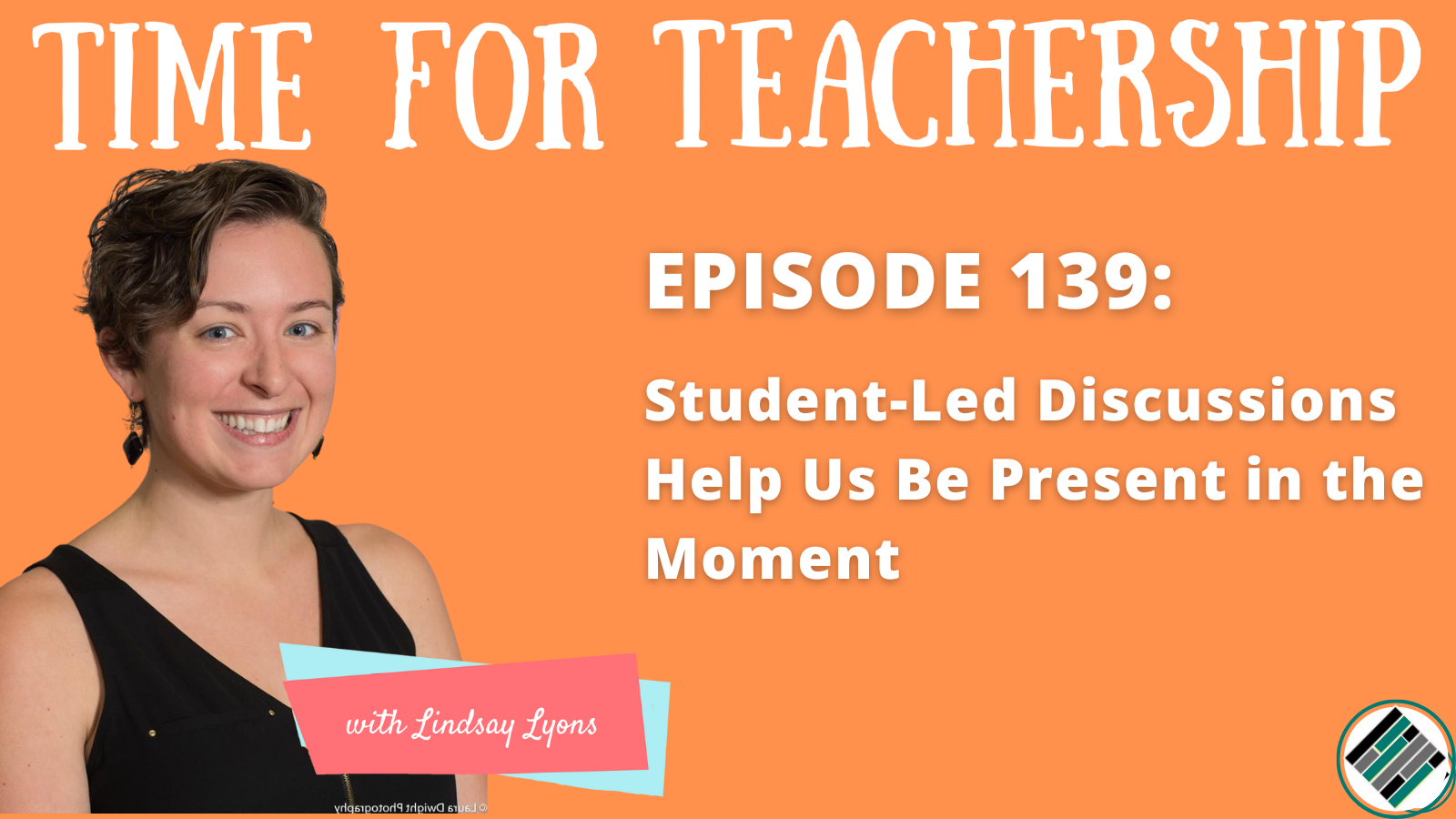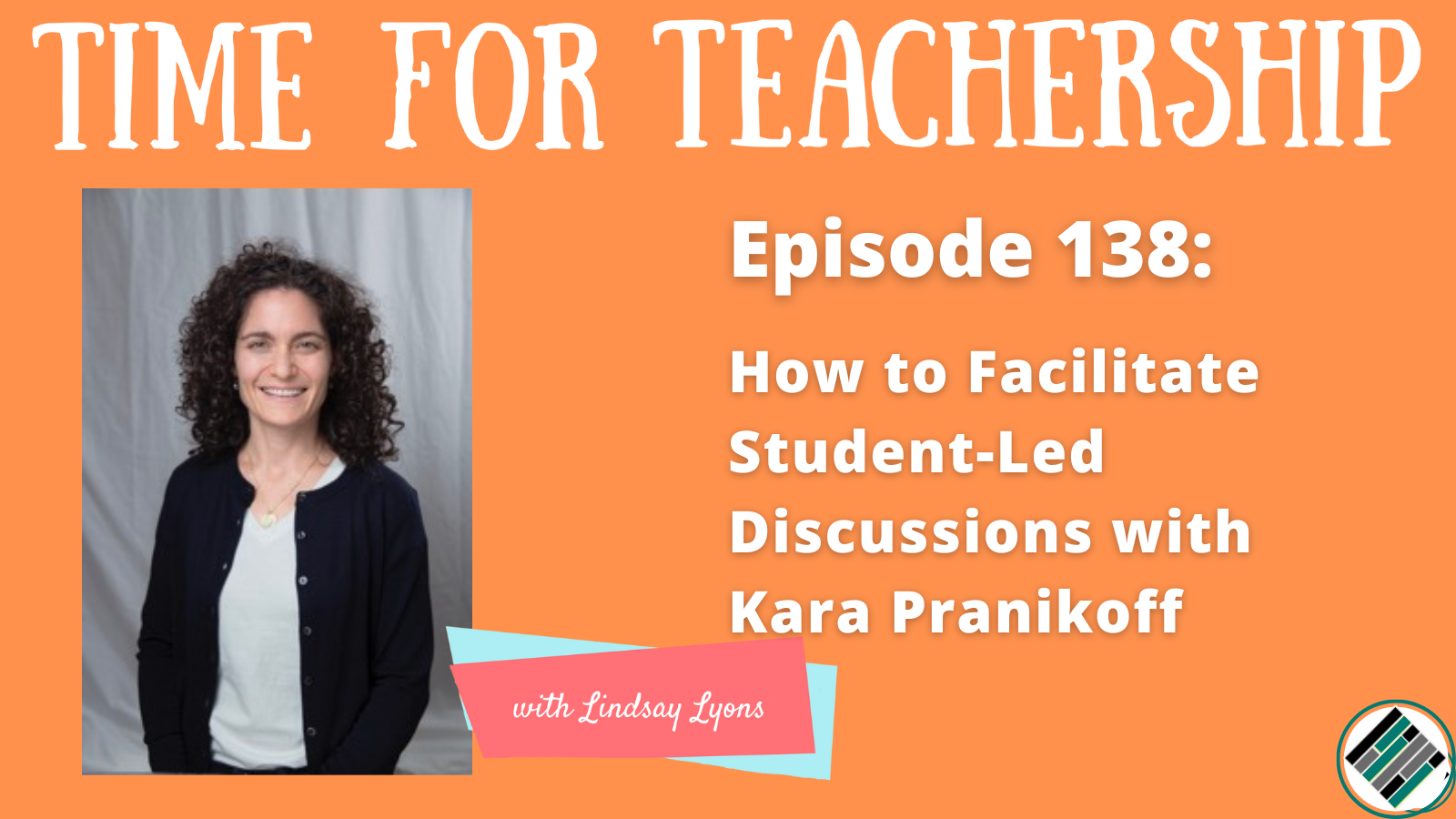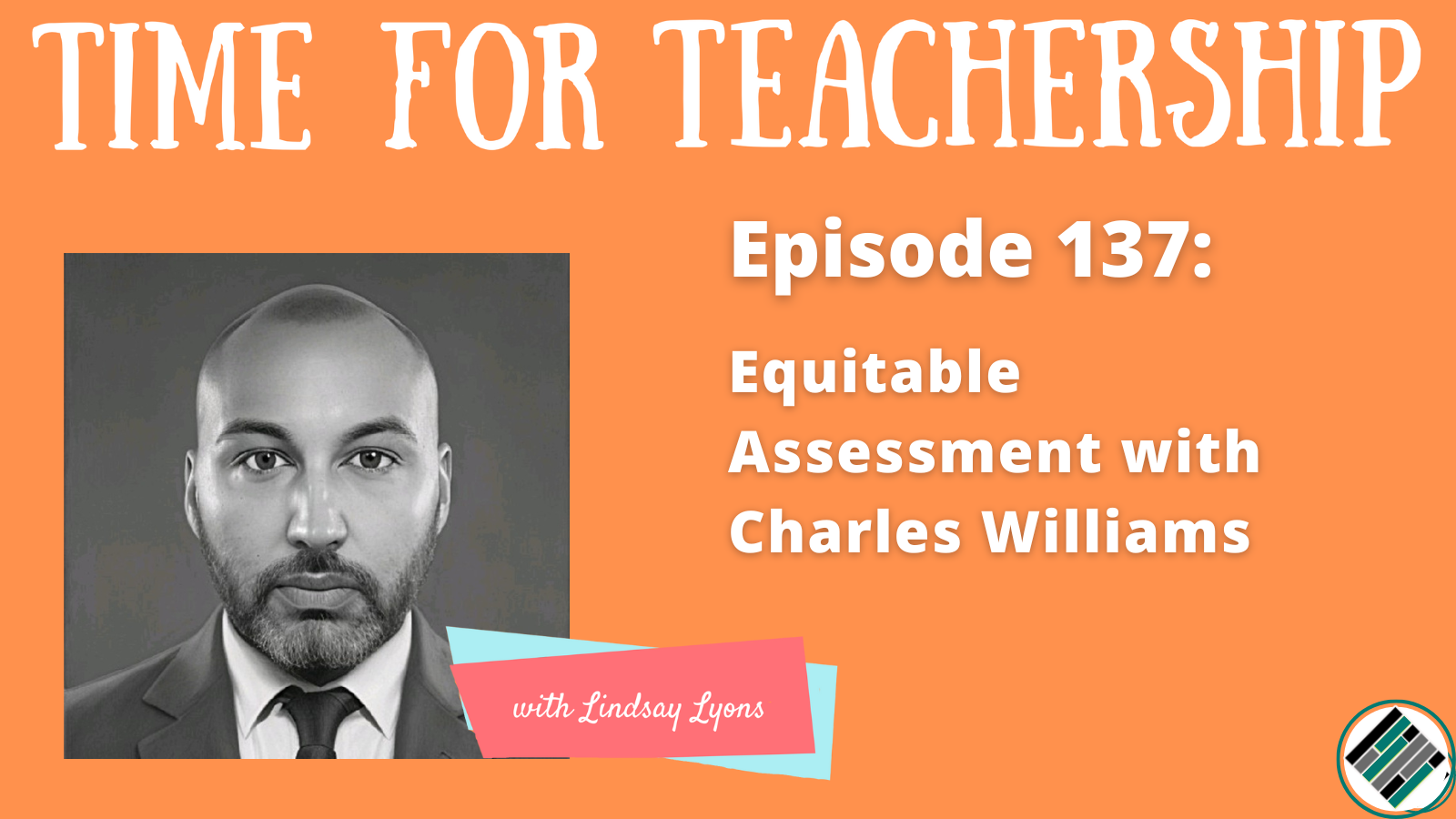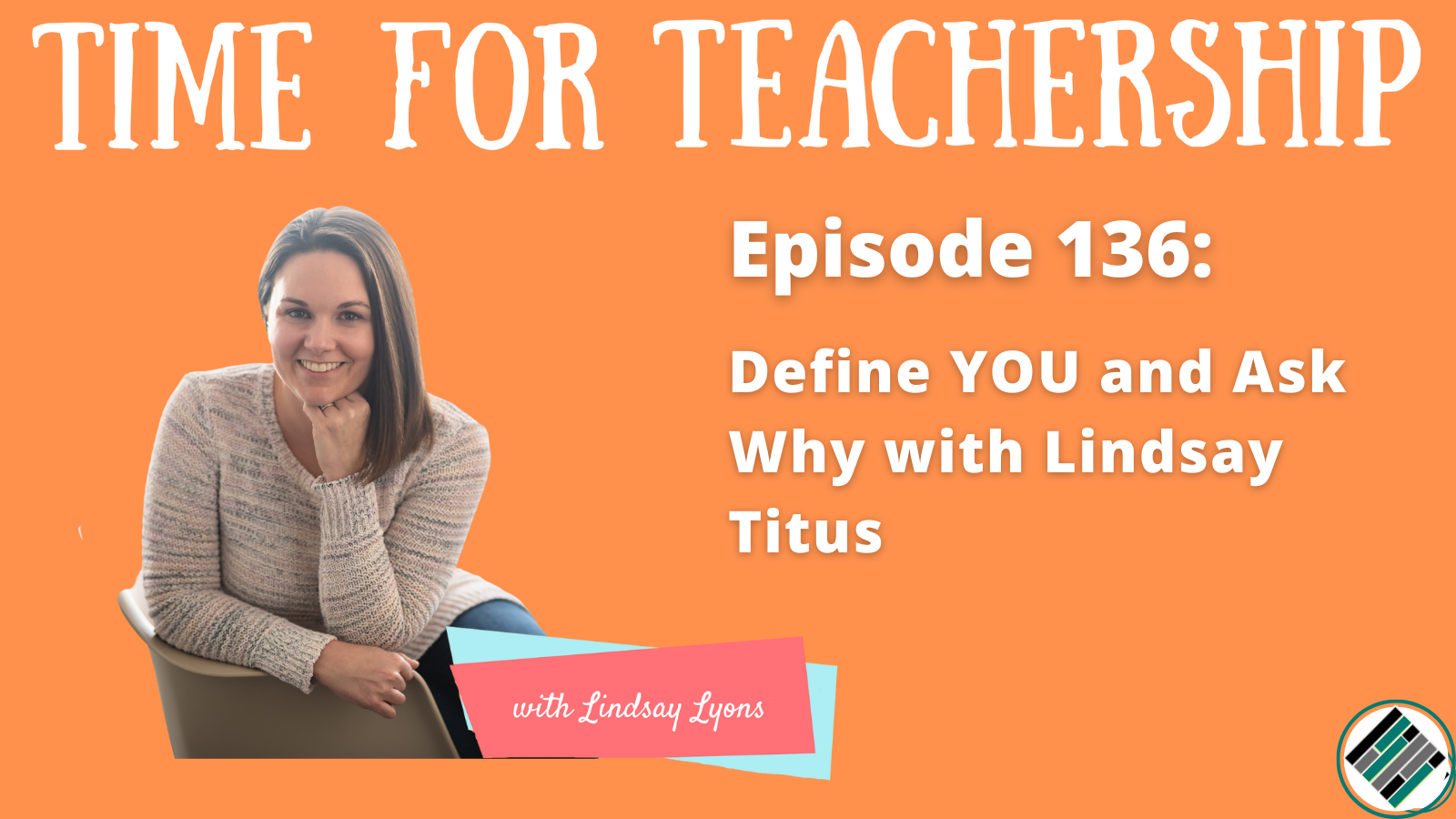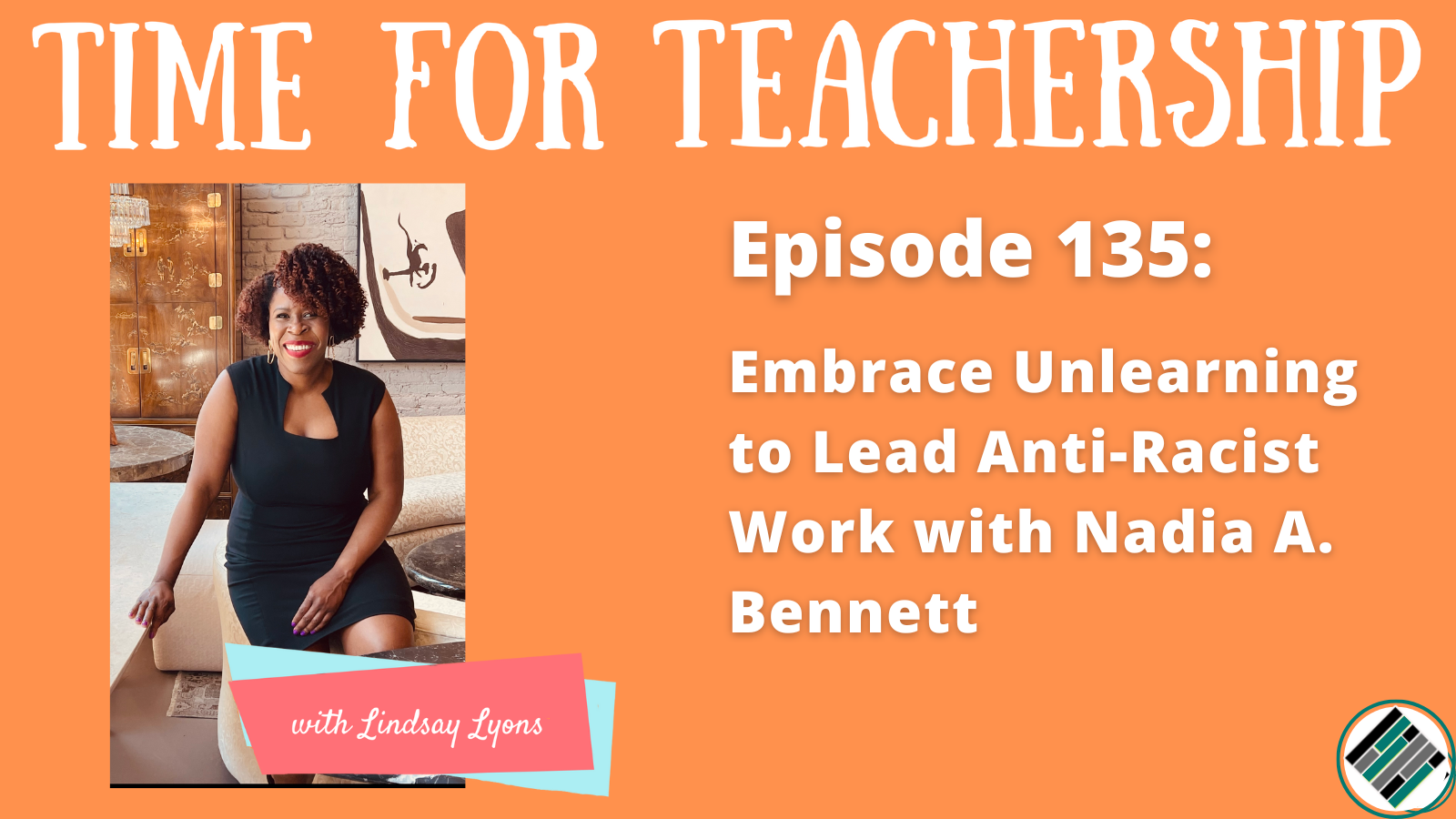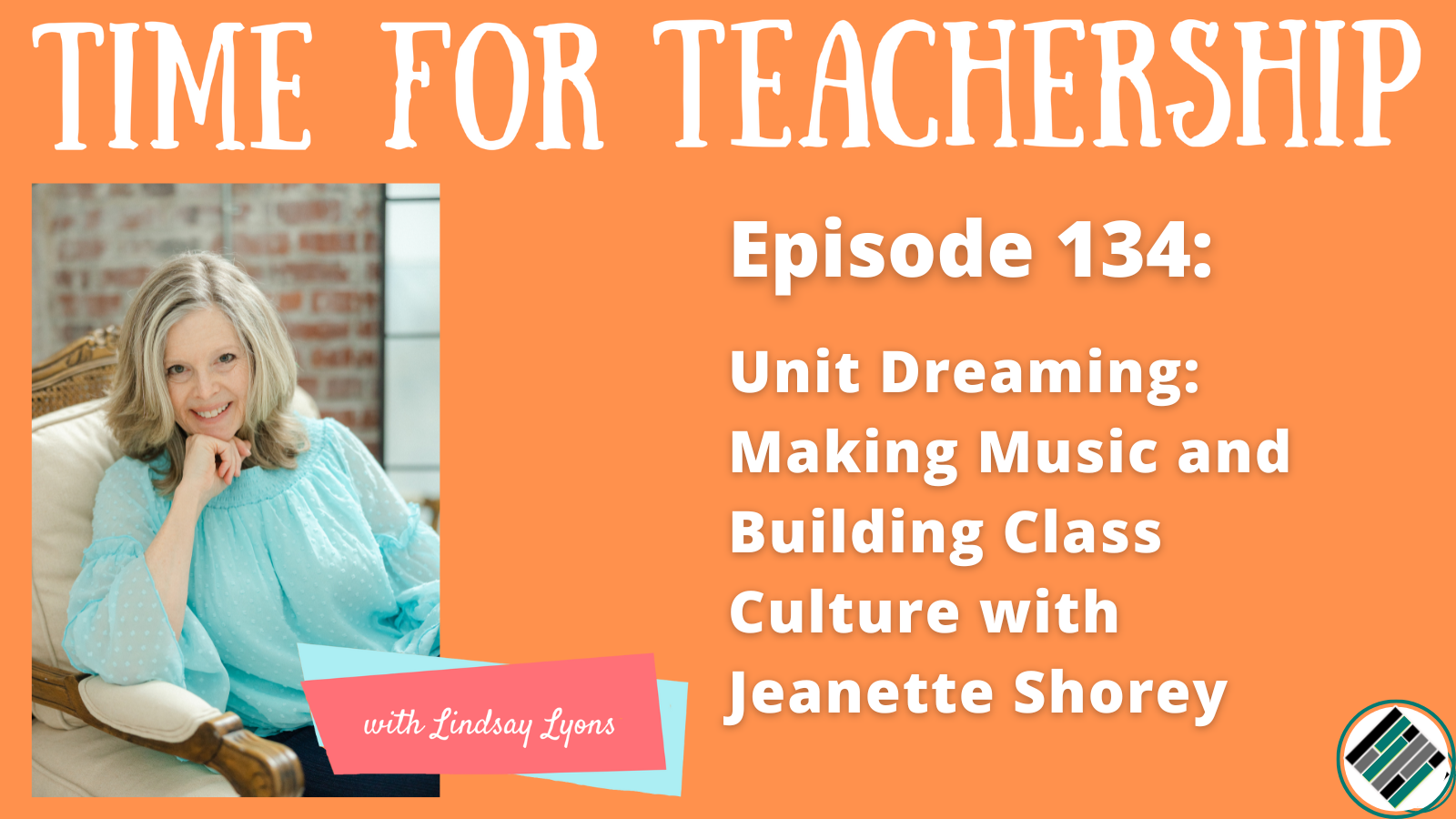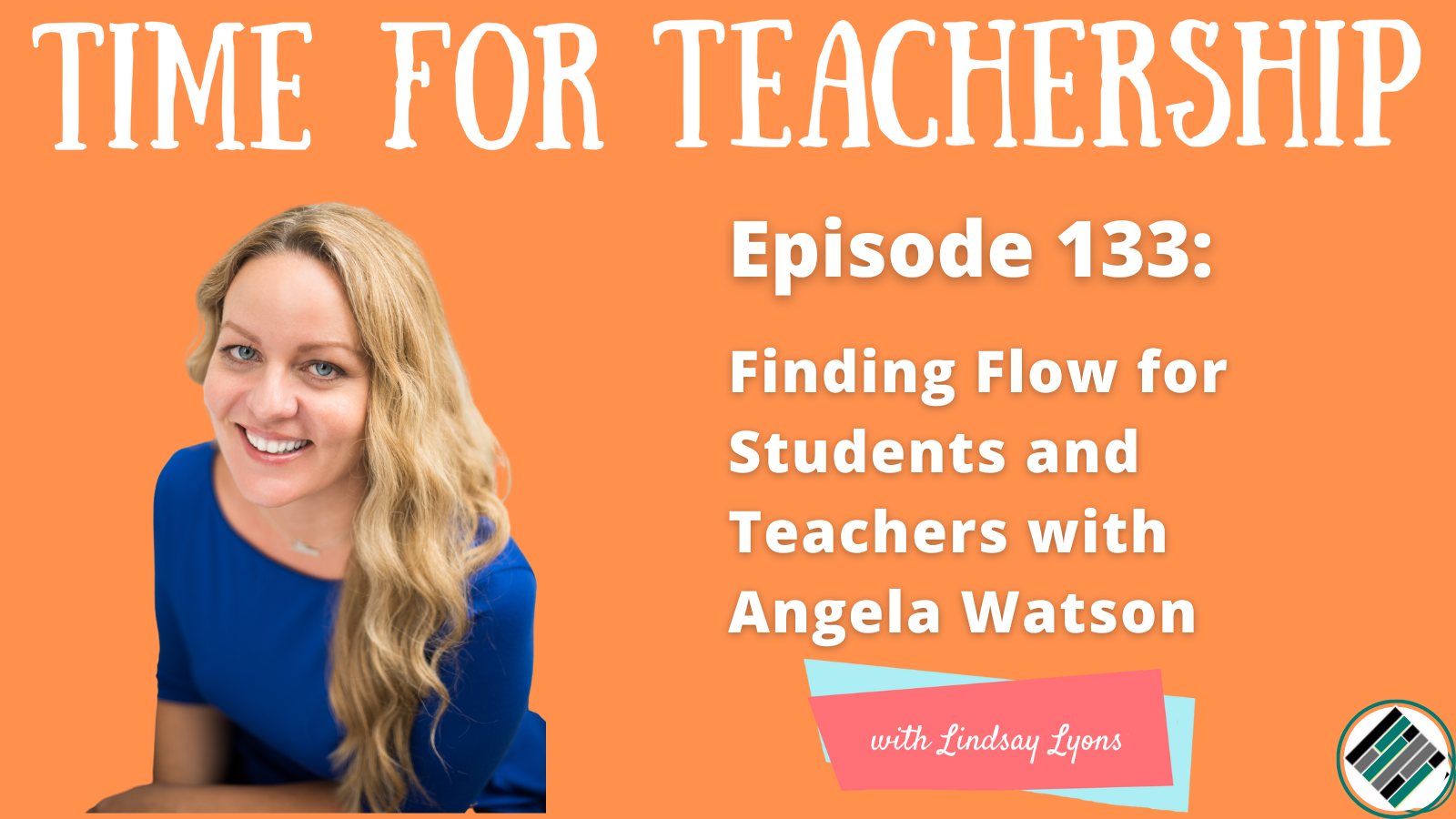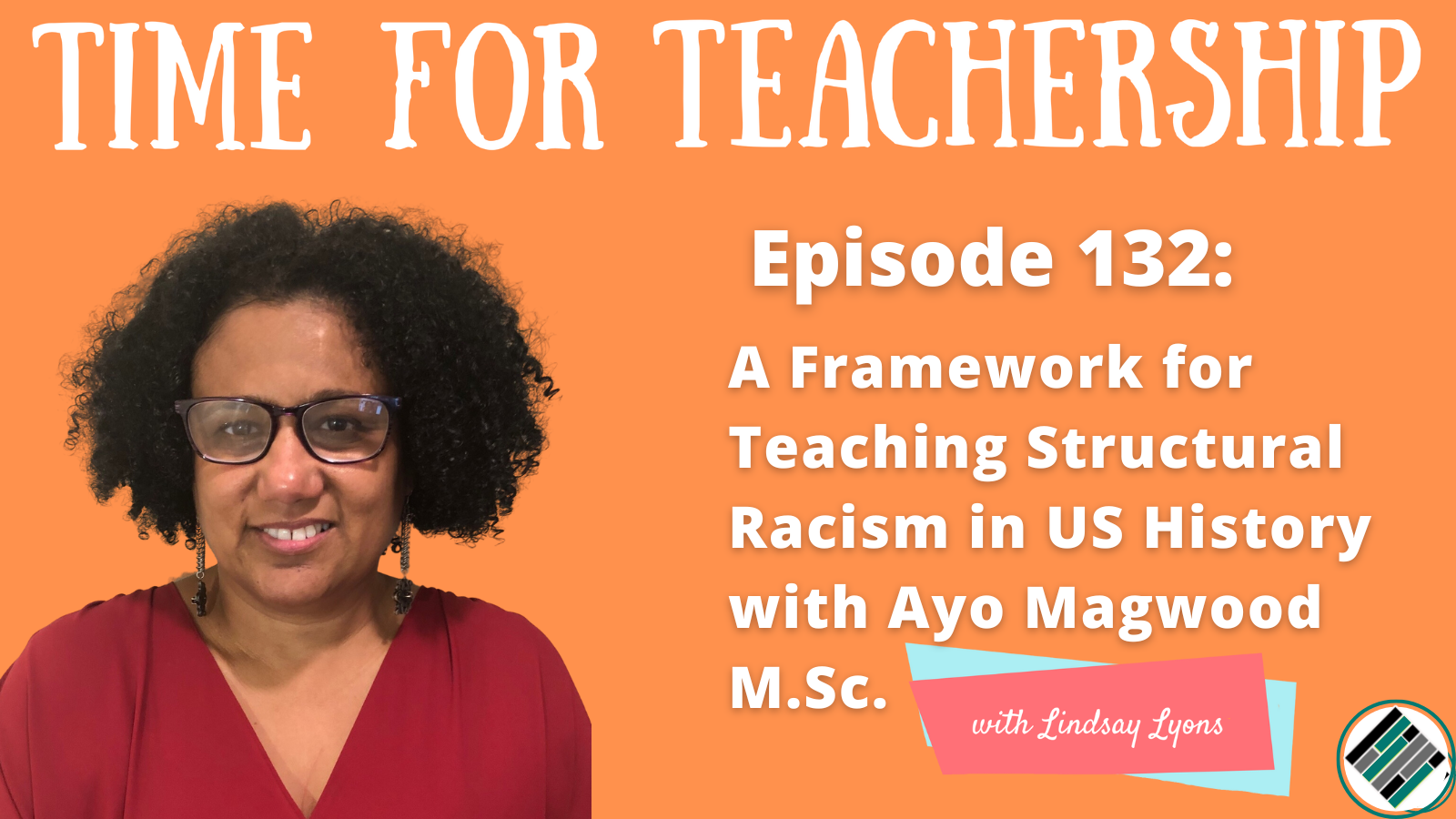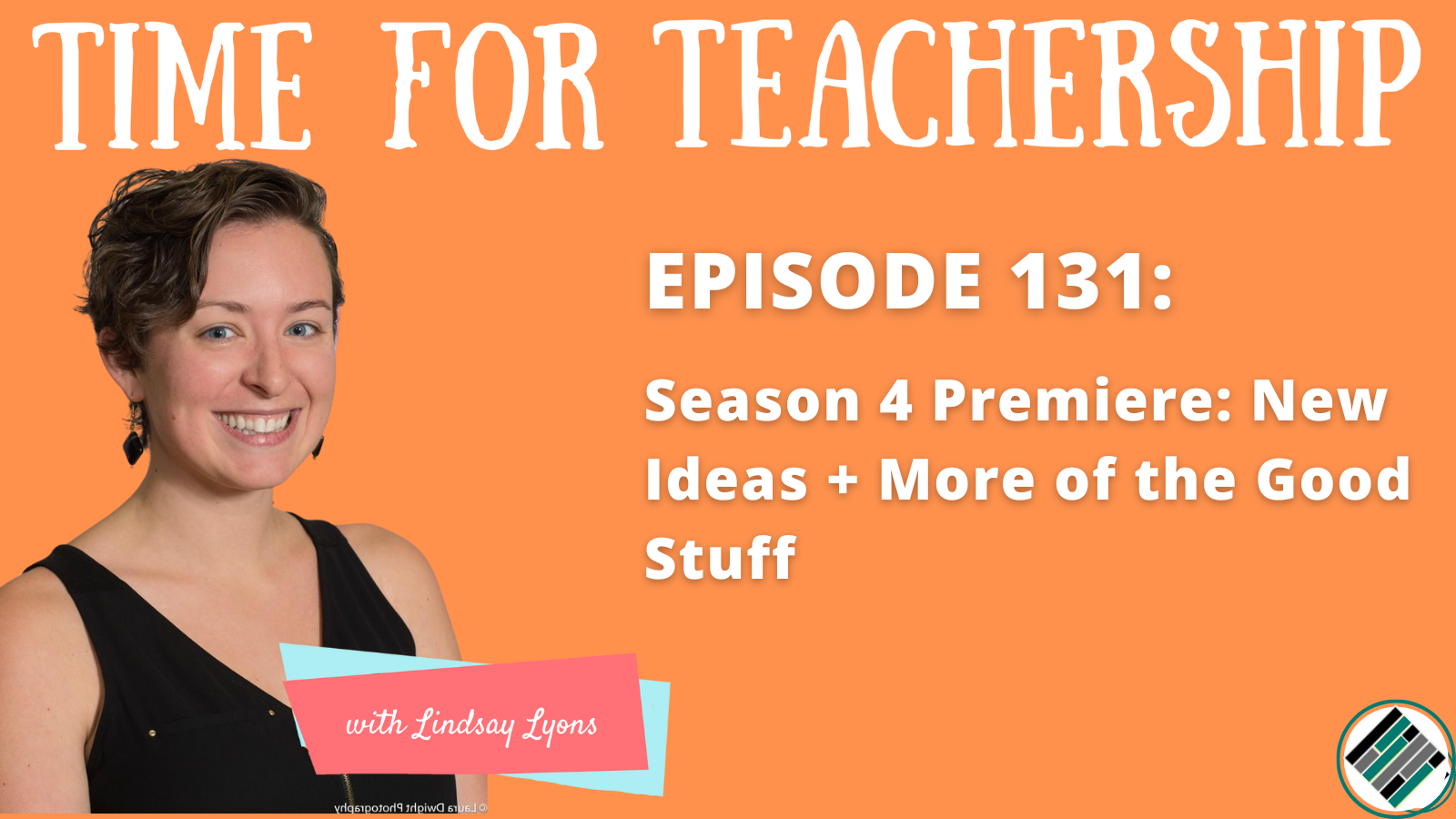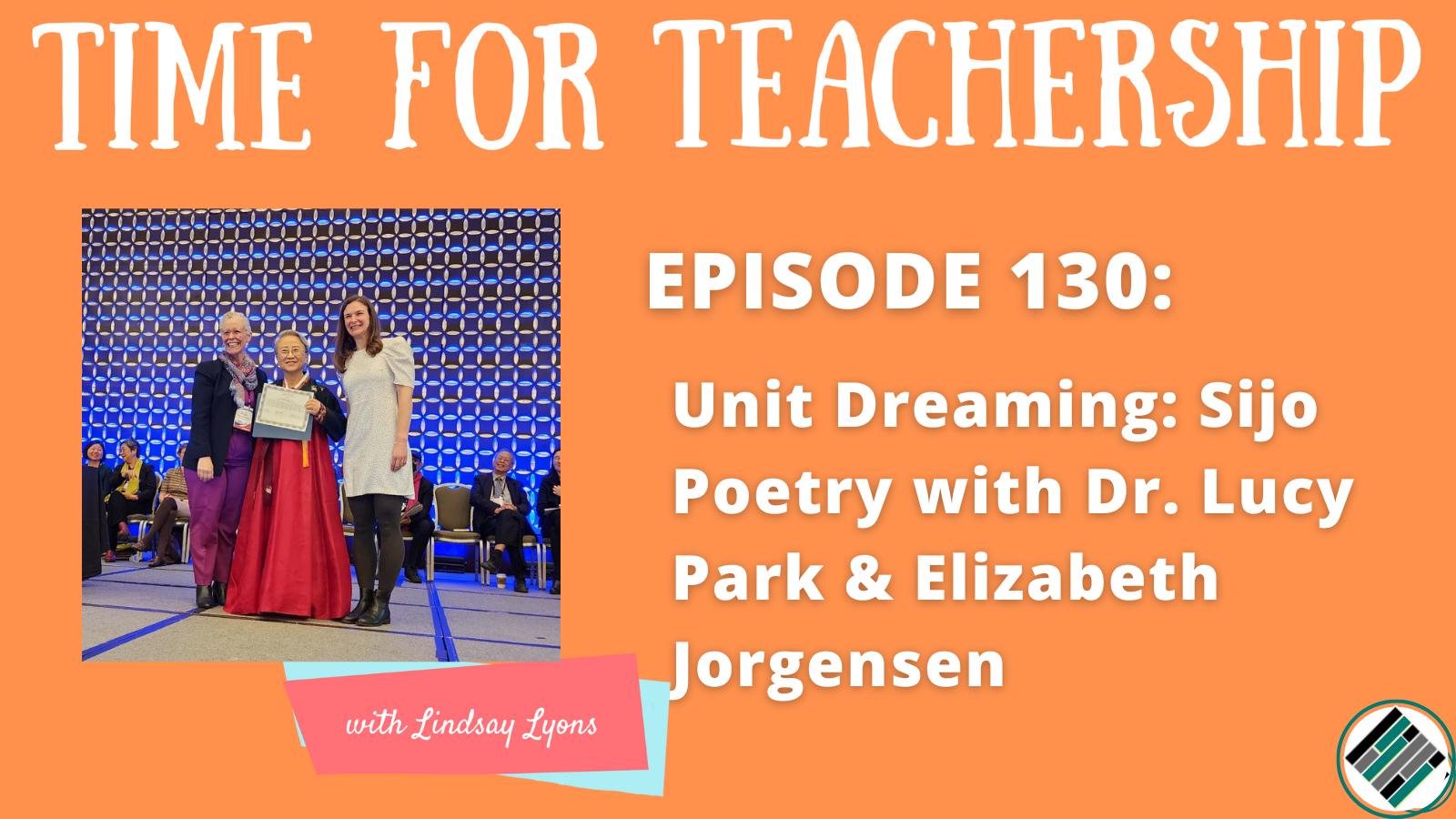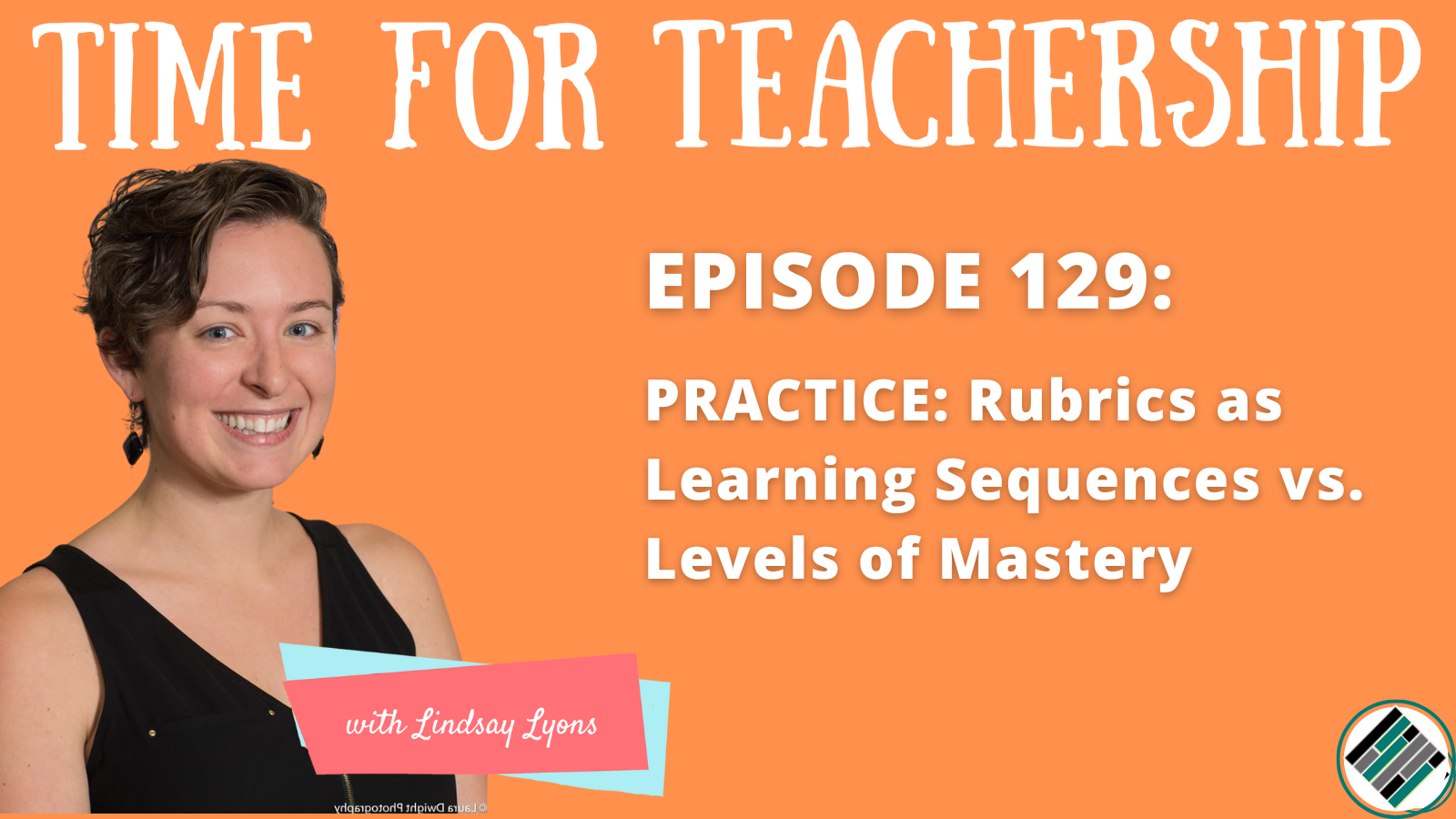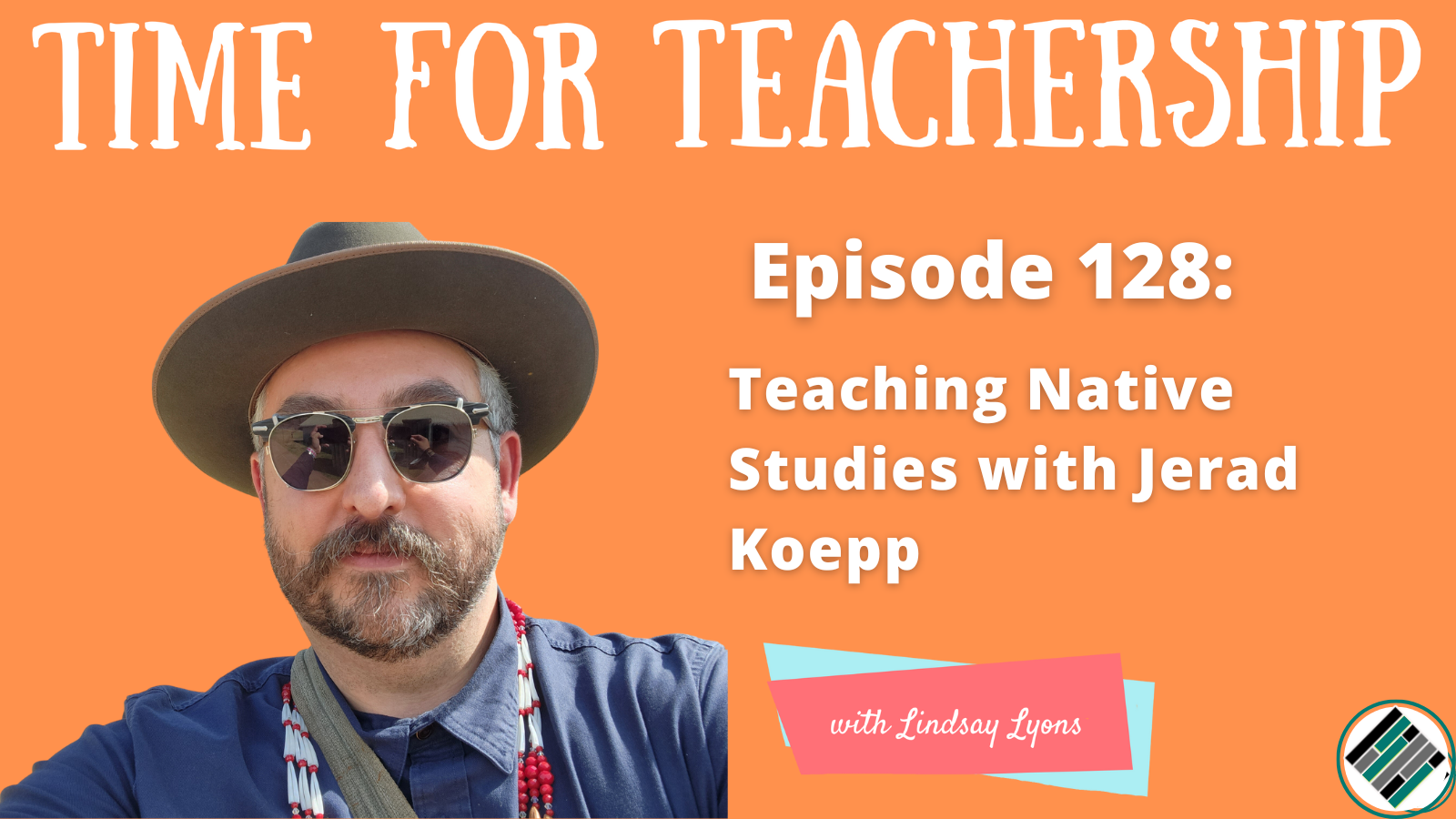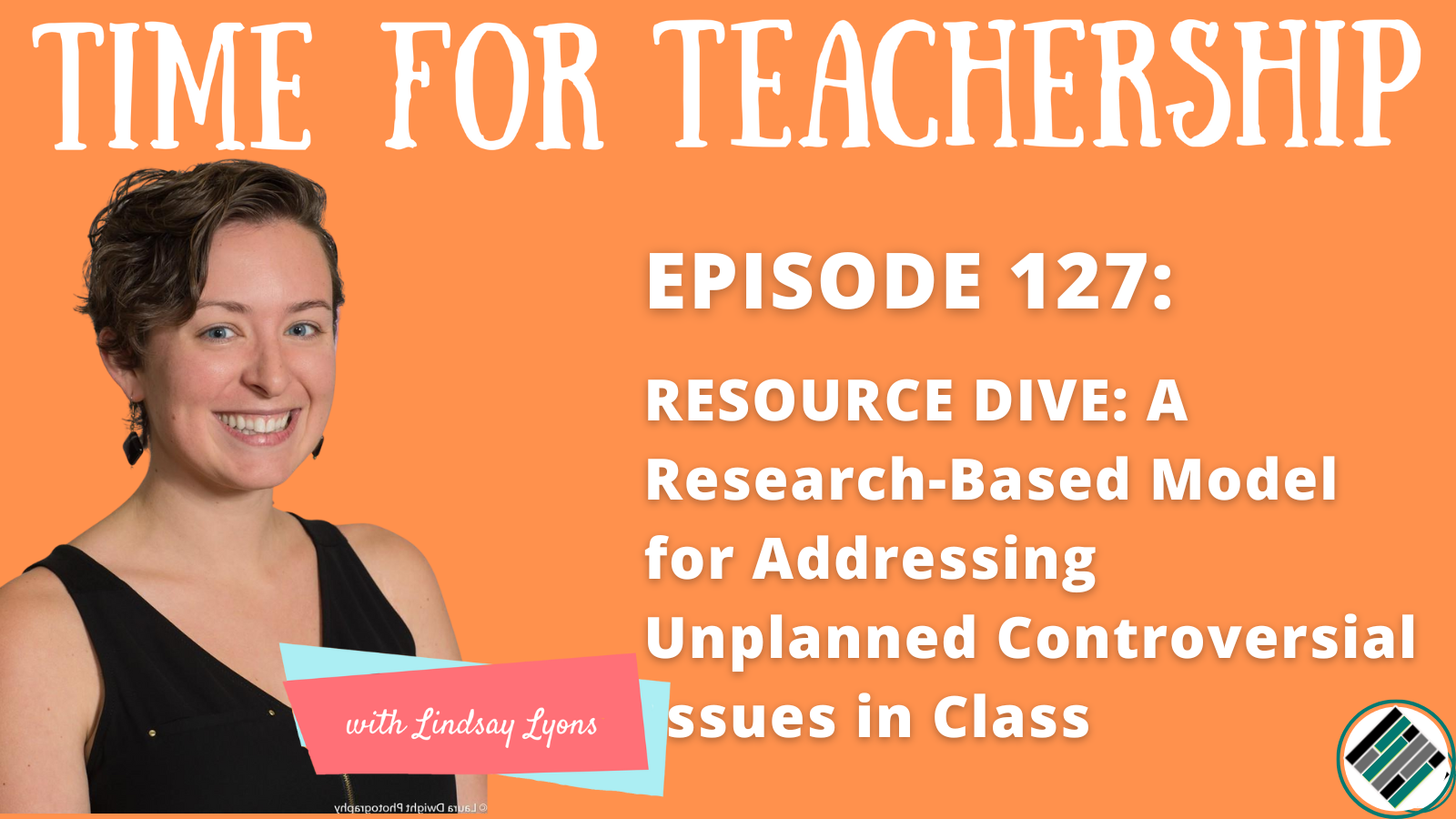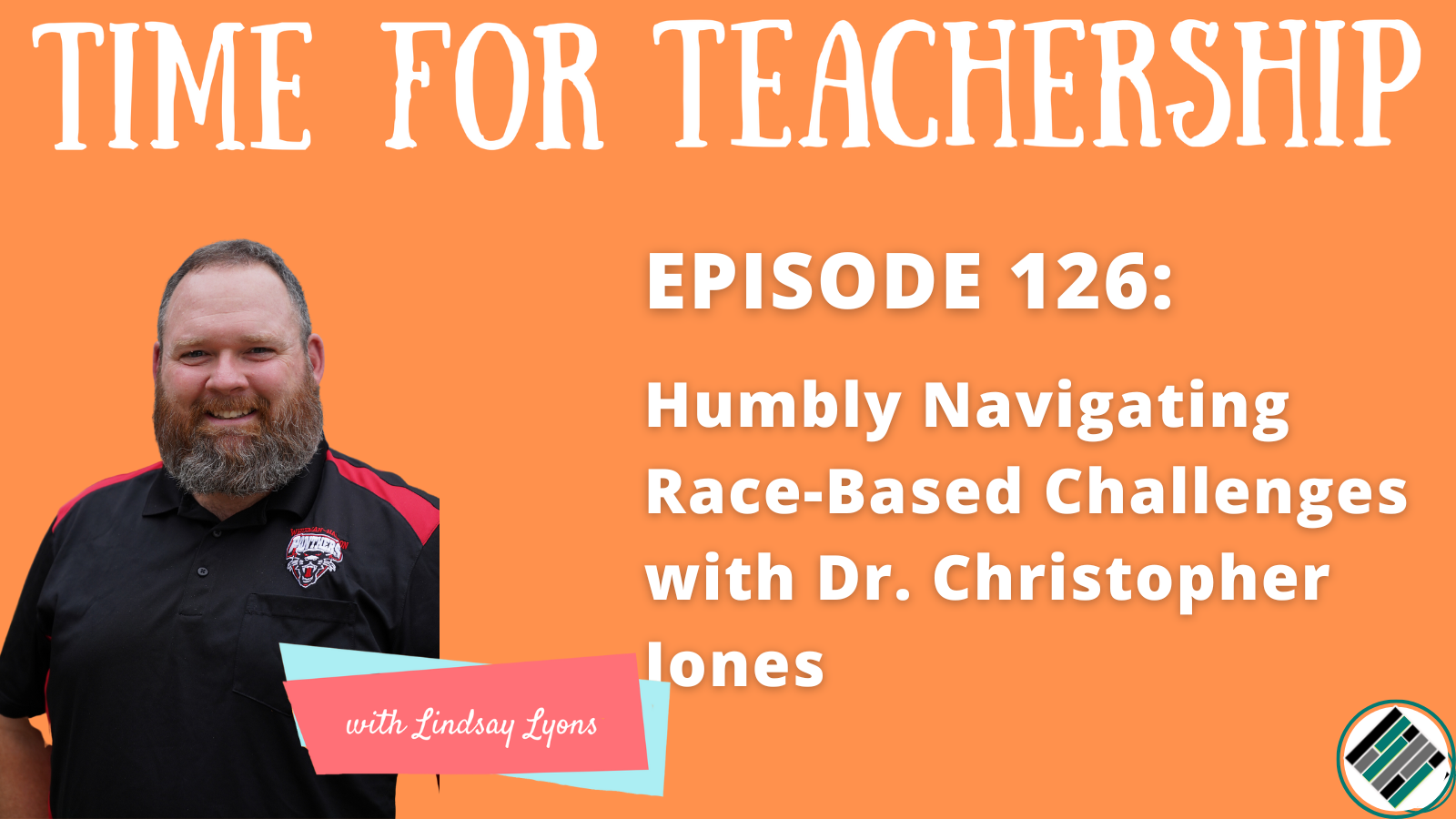Reading, Writing, and ‘Rithmetic—the three Rs of learning. They’re still fundamental in all classrooms because they’re the foundation for future learning. Reading is a particularly important skill that Danny Brassell, guest on the Time for Teachership podcast, has devoted his life to.
Danny’s goal is to make people love reading. Not to read because they have to, but to read because they want to. But schools are often oriented at teaching students how to read, rather than on why they should and how to love it.
Reading cultivates curiosity, which enables learning. The question for educators is this: how do we encourage and promote this in the classroom?
Fairness, not Equality
Danny’s big dream for the field of education is to make it a fair place. Fairness is different from equality—in fact, it’s actually unfair to treat everyone the exact same because we all come from somewhere different.
One of the benefits of the pandemic is how many things moved to online platforms. Today, you just need an internet connection and a laptop to access the same training, education, and knowledge as anyone else in the world. This is a step closer to making education fairer and will open opportunities for people who have been underserved and underprivileged in the past.
Curiosity and Learning
To reach our goals in education, such as making it fairer and more equitable, there needs to be constant growth and learning. This happens through curiosity. Danny spoke about how children are born curious—there’s no fear asking questions and no shame not knowing the answers. And in this way, we can learn a lot from children.
Danny shared a story of a child in his elementary classroom who asked, “Where does it say that Humpty Dumpty was an egg?” Newsflash—it doesn’t! We adults think we know best and try to force that on children, but they are often more observant and more curious than we can ever be.
How to Help Students Read
Unfortunately, the education system often knocks that curiosity right out of students. So, we need to have a mindset shift towards cultivating and encouraging curiosity. One of the best ways to do this is through reading.
Research shows that it doesn’t matter what you read, just that you read! In fact, the top percentile of students was shown to read just 20 minutes on average outside of school—the type of book didn’t matter. And, having someone read to you or listening to an audiobook has the same positive impact.
Danny works with families and educators to promote the love of reading in children and students. He has a few tips on how to do it:
- Model reading at home.
- Make reading fun and playful. One example is to play an “eye spy” game while driving, pointing out and reading signs along the way.
- Turn the subtitles on TV shows to increase reading time.
- Read whatever interests you—novels, non-fiction, cartoons. It all counts!
Reading cultivates a curious mindset, which helps students learn and grow. If you are looking to boost reading in your classroom or home, check out Danny’s free reading resource. Make sure to also catch his full episode on the Time for Teachership podcast, along with other great guests!
Quotes
- 13:20 “I want learning to be something that’s a lifetime addiction, it’s a habit. You don’t need me to tell you to be curious—I want you to constantly be [curious]. I think we’d all be better served if we asked ‘Why?’ all the time.”
- 28:22 “It’s alright to disagree, it’s not alright to be disagreeable. Be respectful of one another … I think one of the biggest problems we have in America is that we don’t teach people to talk about sex and politics and religion—that’s the wrong lesson. The right lesson is to teach people to talk about these things in a respectful way.”
31:58 “What totally floored researchers were the kids near the top of the class, in the 90th percentile. Do they spend three hours a day reading outside of school? No. Do they spend an hour a day reading outside of school? No. The average was just over 20 minutes a day.”

